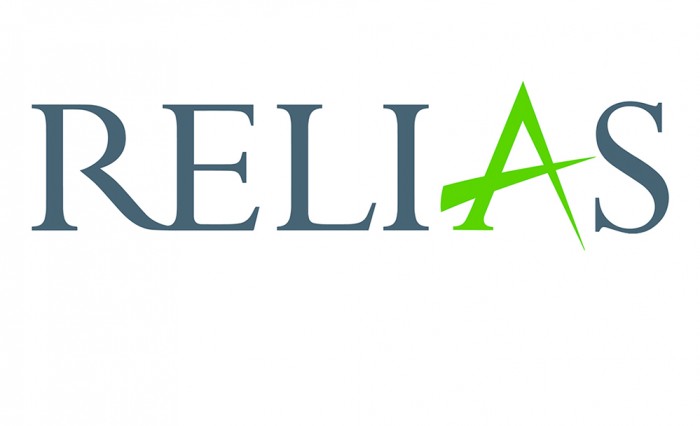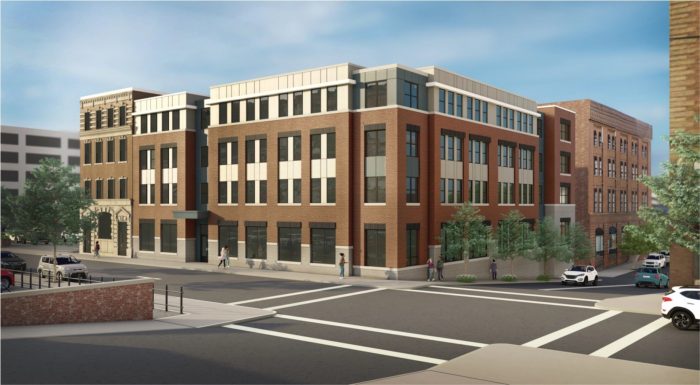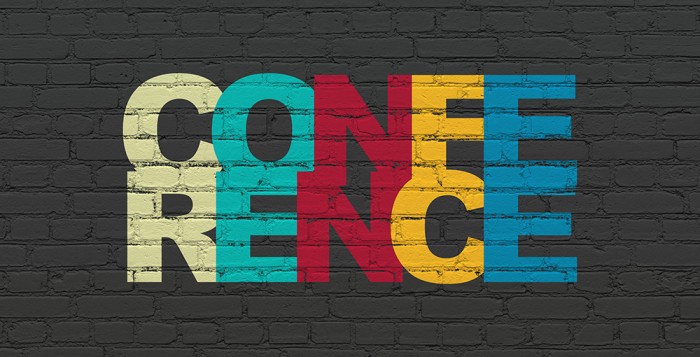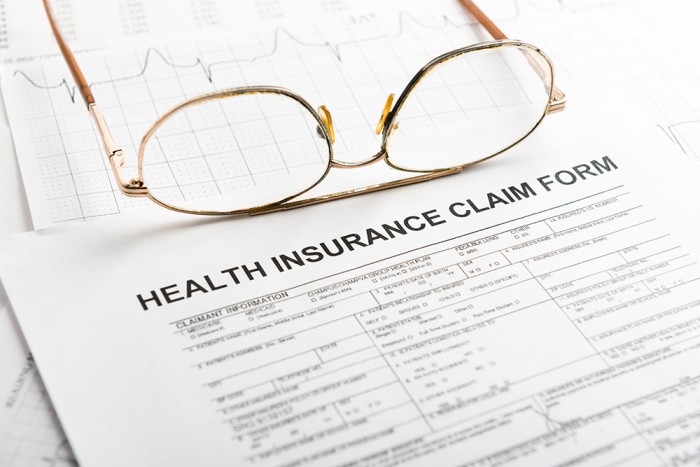Registration for P4A 2024 Aging and Behavioral Health Conference in Harrisburg Now Open
Registration for the Pennsylvania Association of Area Agencies on Aging’s (P4A) 2024 Aging and Behavioral Health Conference is now open. The conference agenda will equip behavioral health practitioners and professionals with essential tools and knowledge regarding mental health and substance use disorders affecting older adults. The conference is set for May 29 – 30 at the Best Western Premier Hotel & Conference Center in Harrisburg. The deadline for registration is Friday, May 17. You can register and find details regarding the conference here.
Save the Date! RCPA Annual Membership Meeting and PAC Golf Fundraiser on May 14
RCPA Members Bethlehem Haven and Pittsburgh Mercy Join Project Partners to Welcome 26 Women Home to Uptown
Virtual Session On Best Practices for Controlled Substances
The Pennsylvania Department of Health (PA DOH) is hosting a virtual session with the Drug Enforcement Administration (DEA) Philadelphia Division to discuss pharmacy best practices in ordering and dispensing controlled substances, particularly medications for opioid use disorder (MOUD) like buprenorphine. This session, scheduled on Wednesday, April 24 from 12:30 pm – 2:00 pm, aims to address concerns raised during PA DOH’s Fall 2023 listening sessions on patient access to controlled substances. Participants can register for the session using this form and are encouraged to submit questions in advance by Friday, April 19, 2024. Even if unable to attend, individuals can still submit questions for a later response. Please submit inquiries via email. This collaborative learning opportunity is crucial, and recipients are encouraged to share the invitation with interested parties.
Registration Open for 2024 Virtual Dual Diagnosis Conference
The 2024 Virtual Dual Diagnosis Conference, titled “Full Diagnosis: Impact of Trauma, Physical Health, and Metabolic Health,” will take place on Saturday and Sunday, May 22 and 23, 9:00 am to 4:00 pm. Hosted by The Pennsylvania Department of Human Services, Office of Developmental Programs, and Office of Mental Health and Substance Abuse Services, the conference features nationally recognized speakers who will explore various perspectives on these crucial issues. Featured speakers include Dale Adair, MD, FAPA, Syard Evans, PhD, Beth Barol, Stacy Nonnemacher, Self Advocates United as 1, Brandi Kelly, PhD, and Dan Dubovsky. Registration for the conference is open.
If you have any questions, please contact RCPA COO and Director of Mental Health, Jim Sharp.
OIG: Lack of BH Providers in Medicare/Medicaid Impedes Access to Care
Lack of BH Providers in Medicare and Medicaid Impedes Enrollees’ Access to Care
The Office of the Inspector General (OIG) has released a report citing there are not enough behavioral health providers participating in Medicare and Medicaid networks.
In an analysis published April 2, the government watchdog studied one urban and one rural county in 10 states across the country. The analysis found relatively few behavioral health providers are participating in Medicaid, Medicare, and Medicare Advantage programs, leading to difficulties in access for enrollees.
Notable Findings:
- On average, there were fewer than five active behavioral health providers accepting Medicare and Medicaid patients per 1,000 enrollees. Traditional Medicare had the lowest rates of providers, at 2.9 per 1,000 on average, and Medicare Advantage had the highest rate at 4.7 per 1,000 enrollees.
- Rural counties had fewer providers accepting Medicare and Medicaid than urban counties. In rural counties, there were 1.5 providers accepting traditional Medicare per 1,000 patients, compared to 4.4 in urban counties.
- Across Medicaid, traditional Medicare, and Medicare Advantage, there were fewer than two providers per 1,000 enrollees that could prescribe medication for mental health issues, such as psychiatrists and psychiatric nurse practitioners.
- Active providers accepting public insurance make up around one-third of the behavioral health workforce, according to the report.
- Fewer than 10% of public insurance beneficiaries received mental health treatment in 2023.
- CMS could also tighten network adequacy standards in Medicare Advantage and Medicaid to increase the size of insurers’ networks, the OIG said in its report.
- The OIG recommended CMS up its oversight of Medicaid and Medicare enrollees’ use of behavioral health services, and recommended CMS examine allowing more types of behavioral health providers to participate in Medicare and Medicaid.
- CMS said it concurred with the OIG’s recommendations and said it has already taken several steps to improve access to behavioral health providers for Medicare and Medicaid beneficiaries.
If you have questions please contact RCPA COO and Director of Mental Health Jim Sharp.
LNP/LancasterOnline: We Must Improve Access to Mental Health Care, Column by RCPA COO and Policy Director Jim Sharp
OMHSAS Announces Restraint, Seclusion, and Exclusion Bulletin
The Office of Mental Health and Substance Abuse Services (OMHSAS) has released the OMHSAS-24-01 Restraint Seclusion and Exclusion Bulletin, updating policies on restraint, seclusion, and exclusion in state mental hospitals to reduce these practices. This bulletin supersedes OMHSAS-09-06, necessitating adjustments in local hospital policies. Changes include shifting from “manual hold” to “physical restraint” terminology and clarifications in definitions. It strictly prohibits mechanical and chemical restraints, allowing physical restraint only as a last-resort emergency measure with detailed guidelines on application, documentation, and debriefing protocols. The emphasis is on individualized care, de-escalation techniques, and personnel training to ensure the humane and judicious use of physical restraint.
If you have any questions, please contact RCPA COO and Policy Director Jim Sharp.
OMHSAS Announces April Stakeholder Webinar
The Office of Mental Health and Substance Abuse Services (OMHSAS) April 2024 Stakeholder Webinar is scheduled for Thursday, April 18, 2024, from 3:00 pm � 4:00 pm. You can now register for the meeting here. After registering, you will receive a confirmation email containing information about joining the webinar.
If you have any questions, please contact RCPA Policy Director Jim Sharp.


















